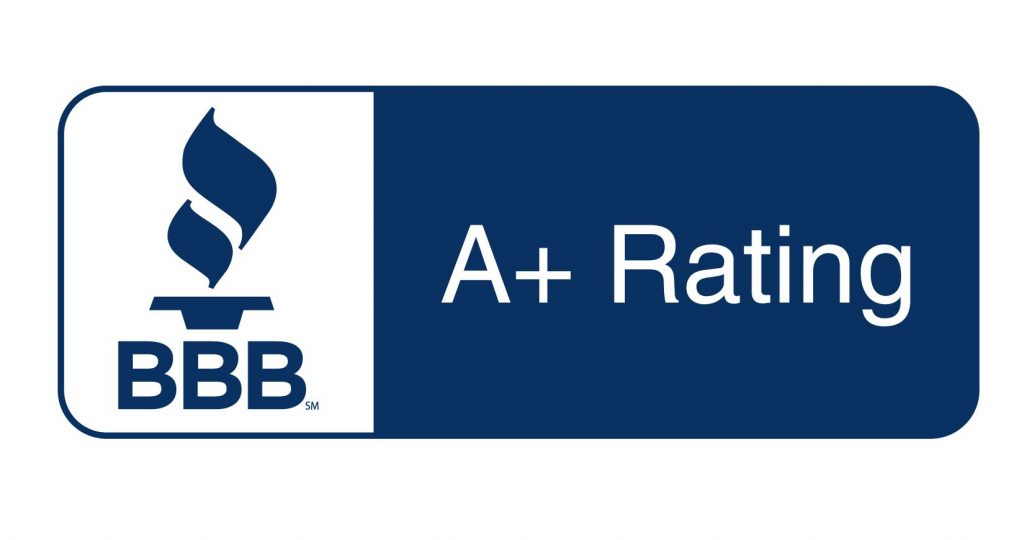Understanding Medicare might not sound exciting, but knowing what coverage the program provides is important. You need to understand not only what Medicare covers but also what it doesn’t. It provides comprehensive coverage for various medical services and treatments. However, within its broad coverage, significant exclusions exist that we must recognize so that we can either secure additional insurance policies or prepare our budget for those expenses.
Today, we’re going to talk about five things Medicare doesn’t cover. This way, you can make informed decisions about your healthcare needs and explore supplementary options to address potential coverage gaps.
1. Long-Term Care
Medicare’s coverage extends to many essential healthcare services, yet it falls short in addressing the long-term care needs of its beneficiaries. Long-term care encompasses a spectrum of services ranging from nursing home care to assisted living facilities and custodial care, often necessitated by chronic illnesses or age-related limitations.
Despite the critical nature of long-term care, Medicare generally does not cover the costs associated with these services. This leaves many individuals and families grappling with how to finance extended care options when the need arises.
Understanding Medicare’s limitations in this regard is paramount for effective long-term care planning. By recognizing the gap in coverage, we can explore alternative solutions such as long-term care insurance, personal savings, or Medicaid eligibility to mitigate potential financial burdens associated with extended care needs.
2. Dental Care
While maintaining oral health is integral to our overall well-being, Medicare’s coverage isn’t helpful when it comes to routine dental care. Medicare does not cover dental services such as regular check-ups, cleanings, fillings, extractions, dentures, and dental implants, leaving beneficiaries to shoulder the financial responsibility for these essential services.
The absence of dental coverage under Medicare can pose challenges for individuals, especially those who may be more susceptible to dental issues. Without access to routine dental care, beneficiaries may face increased risks of dental problems, which can adversely affect their overall health and quality of life.
While standalone dental insurance plans are available, some beneficiaries may opt for Medicare Advantage plans that offer additional dental benefits as part of their comprehensive coverage options.

3. Vision Care
Vision care is another health aspect that is often overlooked within Medicare’s coverage. Routine eye exams, glasses, contact lenses, and other vision-related services are typically not covered under traditional Medicare plans, except in specific circumstances such as cataract surgery or treatment for certain eye diseases.
Not having vision coverage can be difficult, particularly for those with pre-existing vision issues or age-related vision changes. Without access to routine eye exams and corrective lenses, individuals may experience difficulties in maintaining optimal visual acuity. Plus, paying out-of-pocket for those services can get costly.
Beneficiaries are encouraged to explore alternative options for obtaining vision care coverage, such as standalone vision insurance plans or Medicare Advantage plans that may offer supplemental vision benefits.
4. Cosmetic Surgery
This one should be pretty obvious. Medicare does not offer coverage for cosmetic surgeries or procedures performed solely for aesthetic purposes. Cosmetic surgery, which includes procedures such as facelifts, hair regeneration, and liposuction, is generally considered elective and not medically necessary according to Medicare guidelines.
5. Prescription Medications
Original Medicare (Parts A and B) does not cover most prescription drugs. Medications that are given at a doctor’s office or hospital (usually through an IV) may fall under Medicare Part B. However, those that you get filled at your local pharmacy are not usually covered by Original Medicare. This is unlike Medicare Advantage plans, which often include prescription drug coverage as part of their benefits package. Original Medicare beneficiaries are responsible for enrolling in separate prescription drug coverage through Medicare Part D.
It’s important that all beneficiaries enroll in Part D, be it a standalone plan or as part of a Medicare Advantage plan. Going without prescription coverage will result in late enrollment penalties.
Close the Coverage Gaps with Carolina Senior Benefits
We encourage all our clients to stay informed about their coverage options, review their healthcare needs annually, and explore alternative avenues for addressing gaps in coverage. Whether it’s seeking out additional insurance plans, exploring financial assistance programs, or advocating for expanded coverage options, taking proactive steps can help ensure access to essential healthcare services and peace of mind for beneficiaries and their families.





